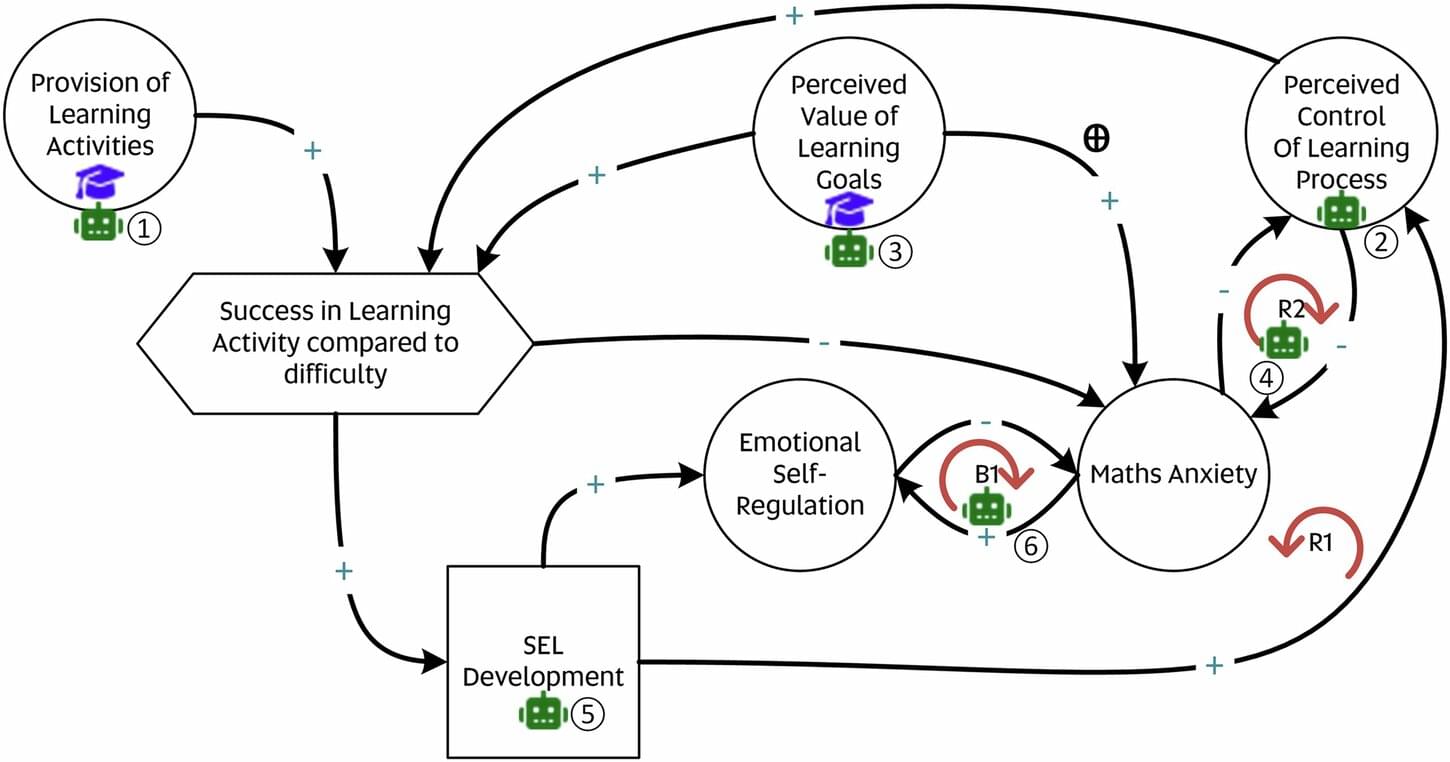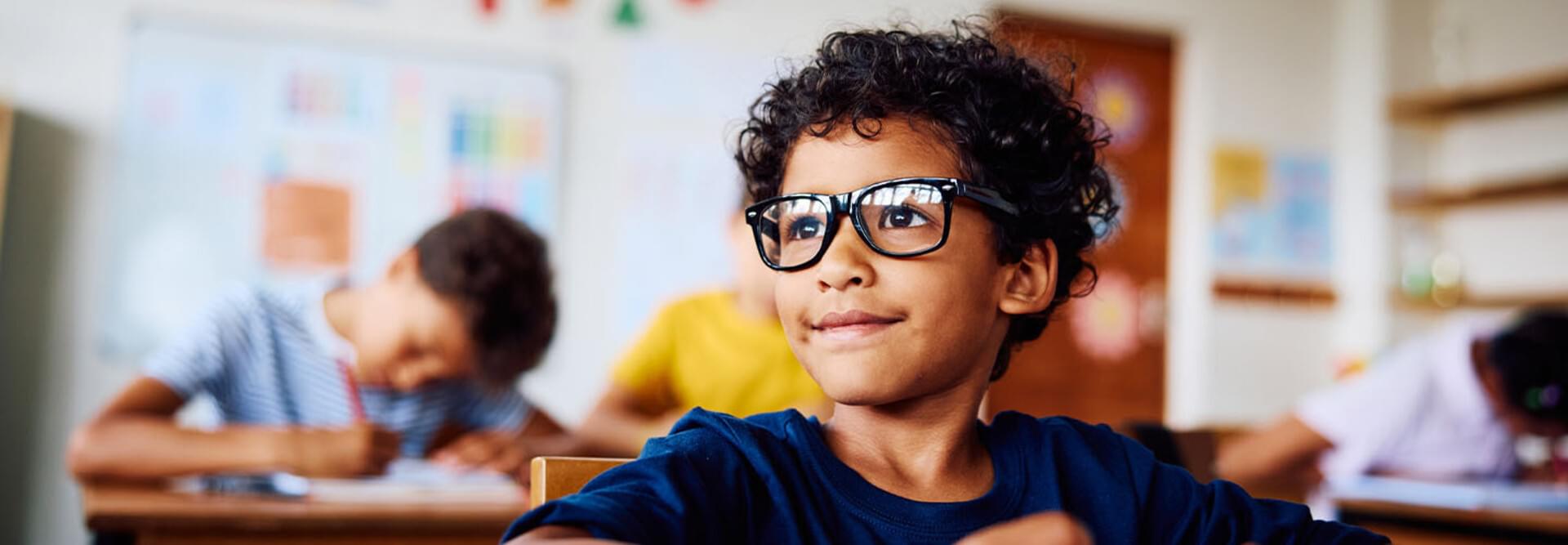Math anxiety is a significant challenge for students worldwide. While personalized support is widely recognized as the most effective way to address it, many teachers struggle to deliver this level of support at scale within busy classrooms. New research from Adelaide University shows how artificial intelligence (AI) could help address challenges such as math anxiety by using a student’s inputs and identifying signs of anxiety or disengagement during learning.
Published in npj Science of Learning, the study suggests that when AI systems are designed to use the right data and goals, they can adapt their responses to help counteract negative emotional experiences associated with math, before these feelings escalate.
Lead researcher Dr. Florence Gabriel says AI has the potential to transform how math anxiety is supported, by offering timely, tailored interventions that step through learning and build student well-being.




